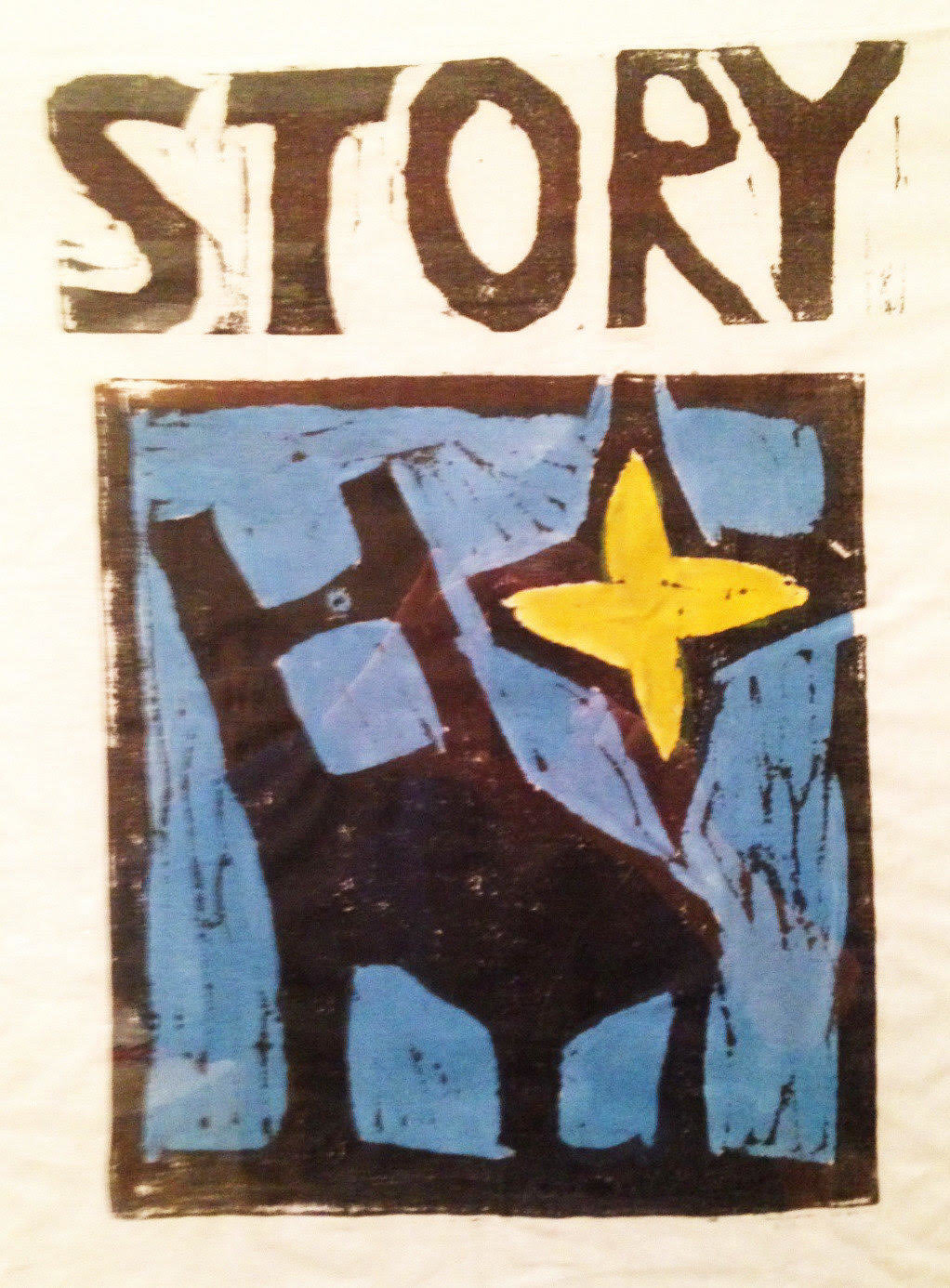See you again on Jan. 3, 2022
Stay warm, stay healthy – and keep wearing a mask
PROVIDENCE – ConvergenceRI is taking a planned two-week break and will send out the next issue on Monday, Jan. 3, 2022.
As ConvergenceRI moves forward into its ninth year, the weekly digital news platform continues to gain traction in the marketplace, expanding conversations and convergence across networks, neighborhoods, communities and industry clusters.
I want to offer my sincere thanks and gratitude to everyone who has helped us travel on a path toward success, often choosing the road less traveled. Thank you!
As one long-time subscriber wrote to me this past week: “Thanks, Richard, for this very valuable reporting this week,” referring to the four-part series taking a deep dive into the Senate legislative commission looking at the future of the R.I. Medicaid office at R.I. EOHHS. And, as a brand-new subscriber wrote to me about the same story: “Absolutely spot on, Richard. Captures the purposeful obfuscation that community-based providers deal with on daily basis. Really well done and synthesized.”
My response to the new subscriber: “Share, share, share.”
Irritable and cranky
I admit to being more irritable and cranky, tired and stressed, not the best frame of mind to be writing an end-of-the-year summary, seeking to craft a positive reframe on a terrible, no-good, awful, catastrophic year, as we all blink out into the darkness.
As readers may know, for much of the last two years, I have been battling against autoimmune encephalitis, which has made it increasingly difficult to walk without stumbling. The on-going infusion treatments seem to have improved my stability, as have my twice-a-week visits to a physical therapist. The decision to attend press briefings held by the Governor and Lt. Governor requires a level of gumption and a gritting of teeth that other reporters, no doubt, may take for granted.
Thankfully, the condition has not impaired my mental acuity nor diminished my perspicacity in publishing ConvergenceRI. But, I admit, I am often more cranky and irritable than usual – and it has been a struggle in recent weeks to write, edit, and publish ConvergenceRI.
Yes, the rollout of vaccines – I have, like many Rhode Islanders, received two jabs and a booster – is a remarkable triumph of science and investments in public health.
The vaccines, by themselves, however, will not solve the disruption of our lives caused from COVID-19. That requires a willingness to change the way we think about ourselves, our communities and neighborhoods, and a willingness to invest in changing the way we live our lives.
As we celebrate the Earth rotating on its axis, turning away from darkness toward light again, we must remember that we are all interconnected, part of a larger family, rekindling our kindness to ourselves and to each other. I fervently hope that we continue to support each other as we skate on thin ice away from the apocalypse, toward a rebirth of wonder.
The importance of sharing stories
Since I first began writing this column nine years ago, I have chosen to illustrate it with a poster from Bread and Puppet, purchased nearly four decades ago, when I attended the annual iconic summer festival held in Glover, Vermont, in the natural bowl-like amphitheater carved out of a rural Vermont hills when a gravel bed was dug out of the ground for the construction of Interstate 91. The remaining hole formed a perfect natural amphitheater in which to stage an outdoor circus of performers, puppets, and sideshows.
The illustration, a block print on white cotton cloth, the borders stitched together in an uneven, tilting rectangle, features the word “STORY” in all caps, above an illustration of a chair and a yellow, four-pointed star, set against an azure background, within a thick black border. Call it a rural version of René Magritte’s symbolism, where nothing seems to align except the desire for narrative.
The poster has always captured, for me, the juggling act that is involved in storytelling [and in journalism]: the storyteller is a participant, an observer, and a narrator, requiring nimbleness. Storytelling is as much about listening as it is about speaking, much the same way that music is about the quiet spaces between the notes being played, and painting is always about the temperatures of the colors as they collide on canvas.
This year, as with last year, we are being forced to invent new traditions, to improvise new stories, to develop new ways to stay connected while being socially distant. We must learn how to carry our dreams on our backs.
The narrative hiding in plain sight
We are living in a time of great peril, from both the coronavirus pandemic that has killed more than 800,000 in the U.S. since March 1, 2020, and the autocratic plague that has infected our democracy. This year, most everyone’s personal and political stories have converged around the coronavirus pandemic, disrupting almost all of our accustomed patterns of behavior and discourse.
Our own personal stories are still the most valuable possession we have, and the act of sharing those stories is what makes us more human, attempting to survive in an inhumane world, the glue that holds us together.
I will continue to persevere, if you will promise to do so, too.






